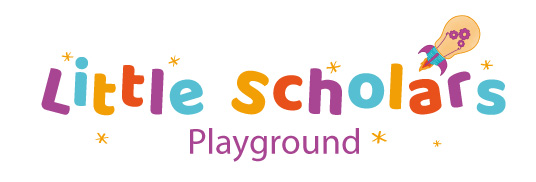How you can help your child succeed at school
Estimated reading time: 6 mins

Let’s face it, the last two years has been very challenging, between the pandemic and home schooling it has been stressful for many. This has caused a setback in teachers’ ability to teach and therefore the ability to help children learn. So we thought that as we’re in a new year it would be good to highlight some ways in which us parents can support not only our children’s learning but support their teachers/ nurseries.
How working with your child’s teacher will help them learn
Research has shown that children’s parents who supports their child’s teacher and work together get better grades, show fewer signs of behavioural issues and demonstrate better social skills. Teachers spend a lot of time with our children, they observe them all day. If you build a relationship with your child’s teacher you then are able to ask the right questions to help our child develop and succeed at school. Below are some tips on how you can support your child’s learning in school at home:
- Encourage focus and concentration – and how too much screen time affects this
Children being able to focus and concentrate in the classroom is an important skill. Many teachers sometimes struggle with children who do not focus on the lesson at hand. Teaching important lessons means teachers have little time to waste. Learning to concentrate and focus is actually a skill, which needs practice. With modern technology and screens, it makes it even harder for children to concentrate for longer periods. How much screen time a child gets affects their brain development. Research has shown that younger children who have too much screen time can affect their brain development (which is crucial between ages 0-3) and negatively affects their language development and attention span.
For younger children, you can turn off screens for set periods and encourage quiet time and learning. Do things like reading, messy and independent play. Try encouraging quiet time as a way to encourage your child’s thinking. Also try focusing on one task at a time, whether it’s reading or playing with a train set. For older children try to observe how they learn at home. Are they studying with their phone next to them or are the listening to music, which distracts them? Talk to them about establishing the best learning environment. Then you can work on establishing this together. You can ask questions like what helps you concentrate; do you have a favourite place to study in the house?
2. Encourage your child to be independent
The more independent your child is the better they’ll learn at school. Simple things like; for younger children getting them to fetch their coat and zip it up themselves and put on their shoes, helps to build independence. You can also encourage independence at home such as getting them involved in adult tasks including; cleaning, cooking, making their own lunches etc (with supervision). This will help build a sense of independence and responsibility.
3. Communication is key
Keeping in touch and regular communication with your child’s teacher or key worker in nursery is important. Some parents do struggle with what things to ask, but it’s important to ask questions that can give you a meaningful answer. Ask questions that are focused on specific topics, rather than vague questions like “how was their day?” You want to find out things like what your child is doing well at and what extra support they need, if any. Ask questions to find out if there’s anything that you can do to help your child at home, find out what their biggest challenges are. Teachers will appreciate you trying to work with them. Before any school holidays, check in with them to see if there’s any areas of focus while your child has broken up from school.
Trying to create some kind of partnership with your child’s teacher or key worker at nursery can help your child stay in the right direction.
Natalie
Little Scholars Playground
info@littlescholarsplayground.com

About the author

Natalie is the co-founder and illustrator at Little Scholars Playground. She is passionate about literacy, learning, illustrating, black women in STEM and Montessori.
